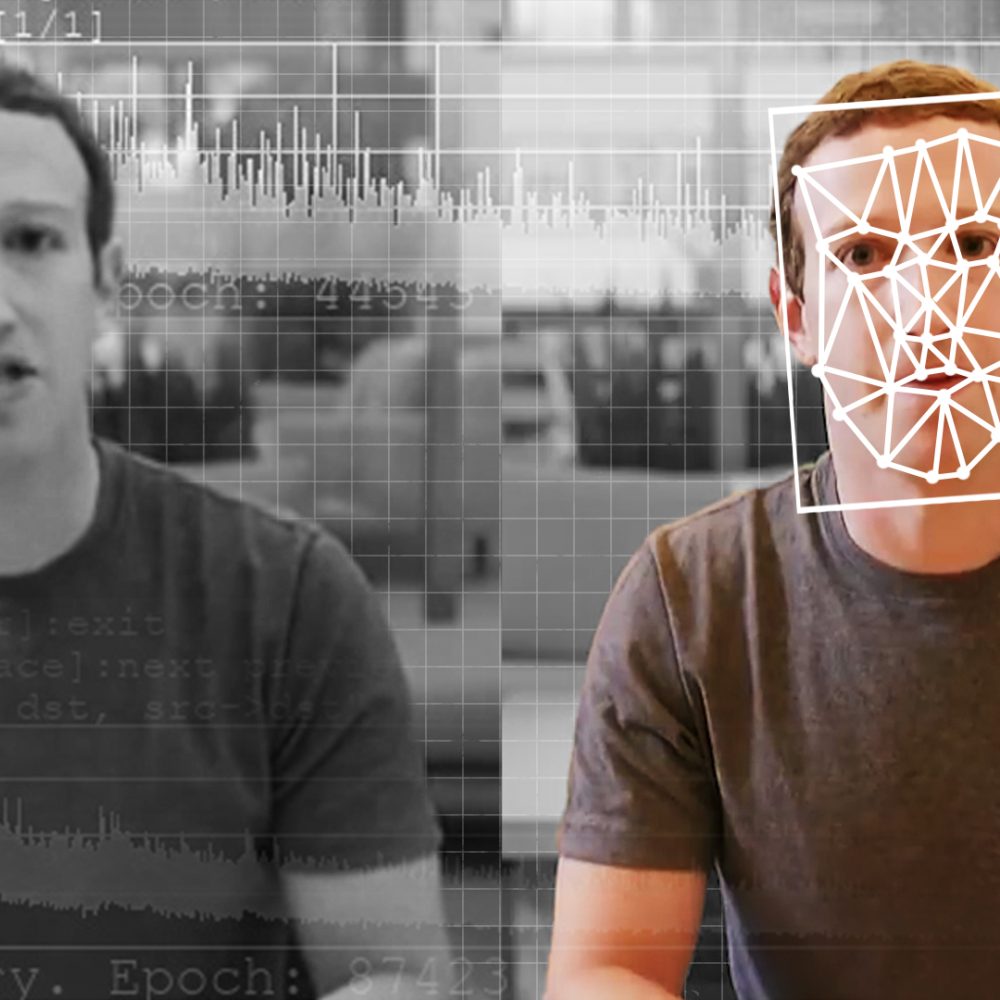Summary:
Reality Defender introduces a cutting-edge tool to combat AI-generated deepfakes.
Real-time deepfakes pose significant threats to individuals and organizations.
The startup is focused on partnerships with businesses and government clients.
Future features include a Zoom plug-in for detecting deepfake participants.
Experts warn that deepfake technology is rapidly evolving, making vigilance essential.
Reality Defender's Groundbreaking Solution
Reality Defender is at the forefront of combating AI-generated video scams. The company's product manager, Christopher Ren, recently demonstrated a new AI detection tool during a video call, where he impersonated Elon Musk using a deepfake technology. As he conducted the call, the tool actively analyzed the video and alerted viewers that they were likely seeing an AI-generated deepfake.

The rise of real-time video deepfakes poses significant threats to governments, businesses, and individuals. High-profile incidents, such as a US Senate call with a deepfake of a Ukrainian official and a multi-million dollar scam involving an engineering company, highlight the urgency of this issue. Ben Colman, CEO of Reality Defender, states, "It's probably only a matter of months before we're going to start seeing an explosion of deepfake video, face-to-face fraud."
Focus on Business and Government Partnerships
Reality Defender aims to partner with businesses and government entities to mitigate risks associated with deepfakes. The company maintains a positive stance on AI development, emphasizing the need for responsible usage. Their upcoming Zoom plug-in will predict whether video call participants are real or deepfakes, although it's currently in beta testing for select clients only.
The Competitive Landscape
This initiative isn't the first of its kind; Intel introduced its FakeCatcher tool in 2022, which detects deepfakes by analyzing facial blood flow. Meanwhile, academic researchers are exploring innovative methods to combat this threat, including a challenge-based CAPTCHA approach for video calls.
The Future of Video Authentication
As Reality Defender enhances its detection capabilities, Colman acknowledges the challenge of acquiring sufficient data. Partnerships are anticipated to bolster their efforts. Govind Mittal, a computer science PhD candidate, warns that deepfakes are becoming increasingly sophisticated, making it essential for everyday users to remain vigilant.
Protect Yourself from Scams
Users are advised to stay cautious and not rely solely on their ability to identify deepfakes, as technology evolves rapidly. Colman points out that, just as we don't expect everyone to recognize ransomware, future video authentication may become a standard feature in our daily communications.
This article originally appeared on Wired.com.






Comments